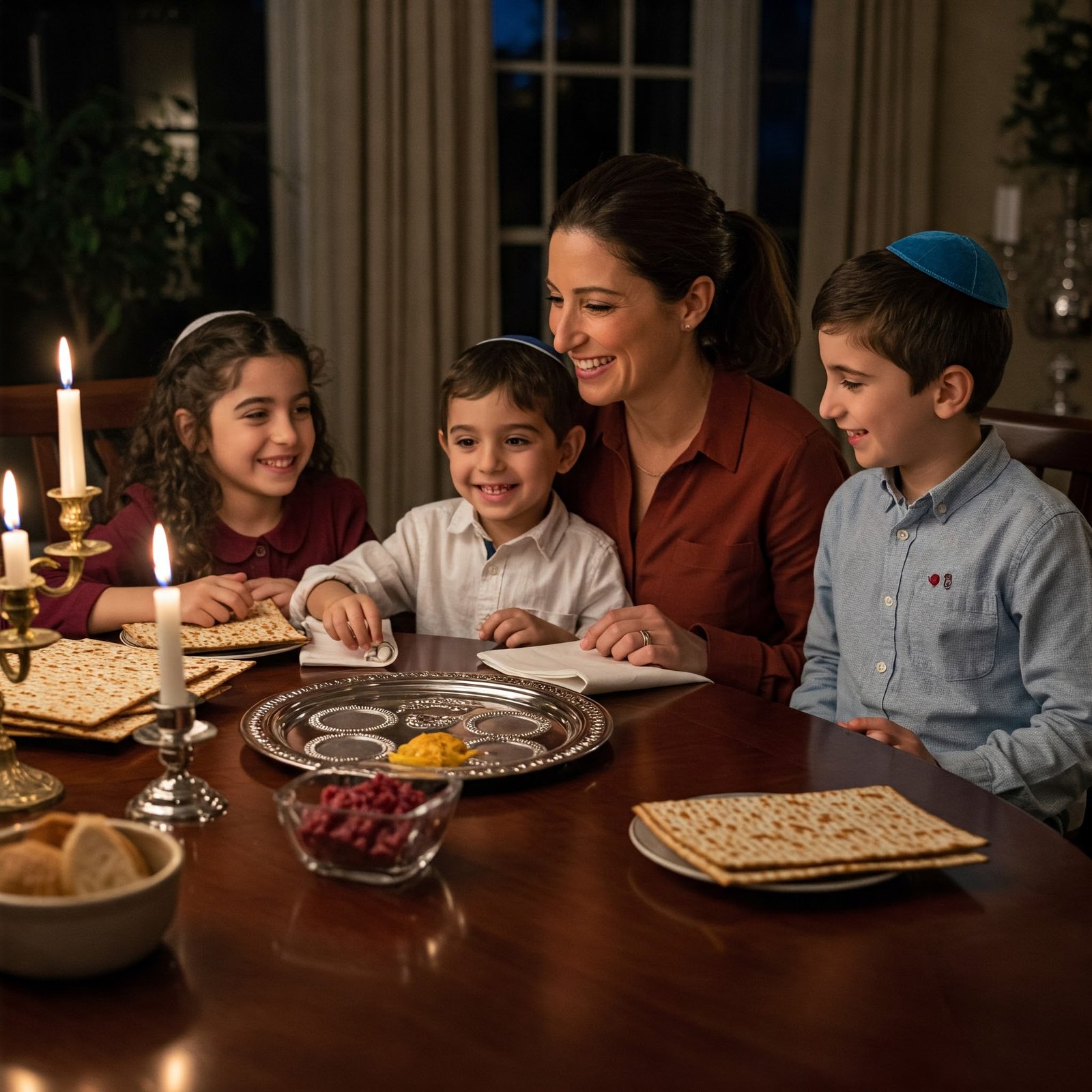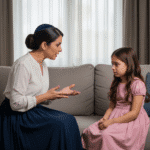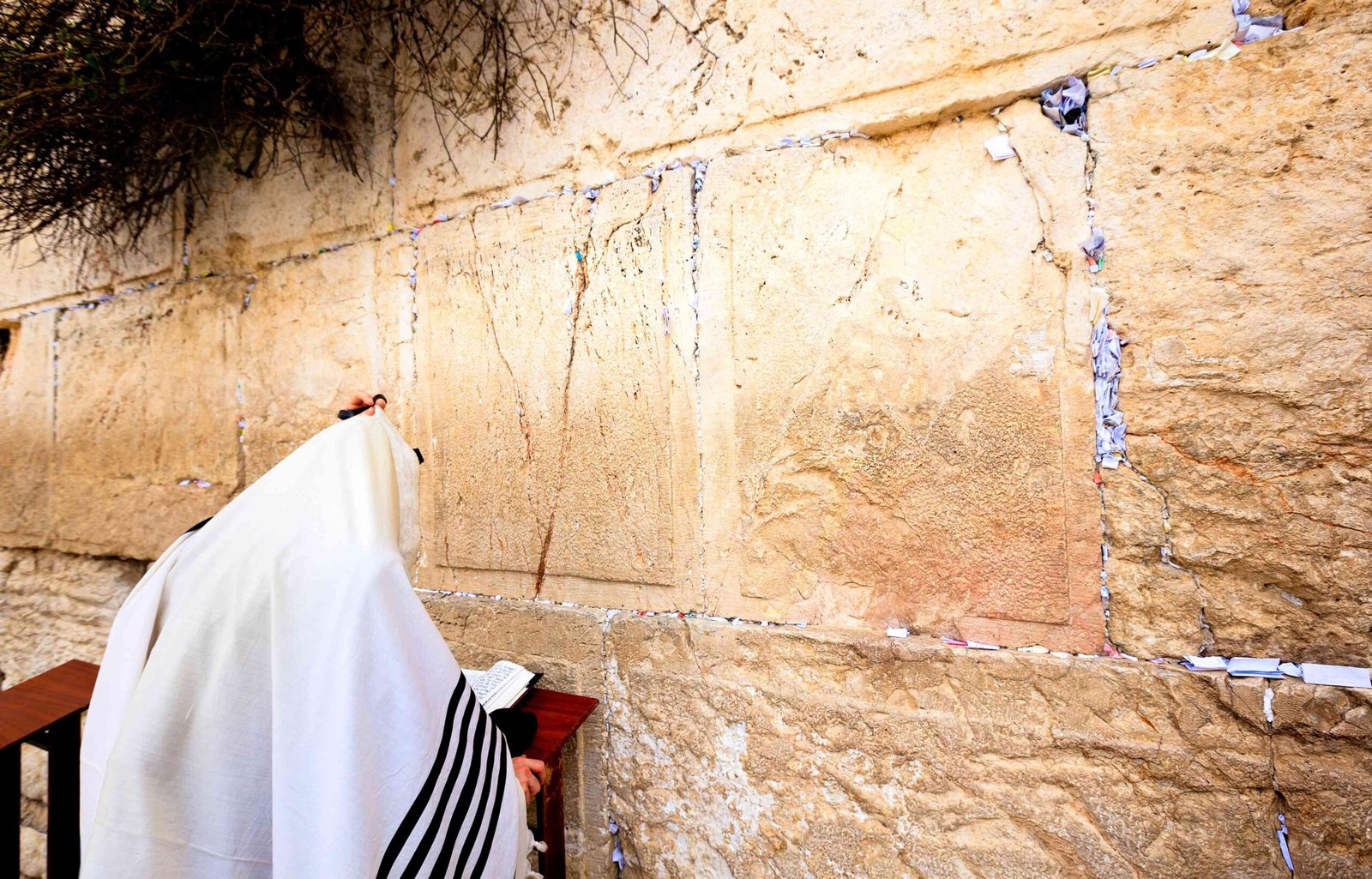Pesach is one of the most beautiful and intense holidays in the Jewish calendar. It’s a time of family, storytelling, and celebration—but for single parents, it can also be a time of emotional heaviness and logistical overwhelm.
You may find yourself cleaning an entire home alone, preparing for a seder without a partner, or facing the pain of not being with your children for the chag. Whether you have your kids with you for all of Pesach, just part of it, or not at all, this guide is here to support you. You are not alone.
1. Yes—This Is Hard. And That’s Okay.
Let’s begin by acknowledging a brutal truth: preparing for Pesach as a single parent is exhausting—physically, emotionally, and spiritually.
Cleaning the house while managing children, cooking for Yom Tov without assistance, and feeling the weight of responsibility on your shoulders can evoke genuine grief. You might miss the way Pesach “used to be” or grieve the dreams you had for what this time would look like.
If your children are with your ex for the Seder, you may be battling feelings of loneliness or sadness. If they’re with you, you might feel pressure to “make it magical” all by yourself. Either way, permit yourself to feel. This holiday is about transformation and redemption—there is space for both your pain and your growth.
2. Double-check the Schedule with Your Ex Now
The sooner you clarify the holiday schedule with your co-parent, the smoother Pesach will be for everyone—especially the kids.
Ask yourselves:
- Have we agreed on exact dates and times for custody exchanges before, during, and after Pesach?
- Is the kaytana (holiday camp) registered and paid for?
- Who is picking up or dropping off the kids—and from where?
- Are both parents aligned on school closing days, early dismissals, or Chol HaMoed plans?
Utilize tools such as shared Google Calendars, WhatsApp messages, or a written agreement. Don’t rely on memory—Pesach is too busy for that. You can order my custody care magnetic board to help your children manage and navigate all the changes in their schedules.
3. Where Are the Kids Each Day—and How Are They Getting There?
Each day of the holiday should be mapped out in advance:
- Where are the children spending each day of Chol HaMoed?
- What time are they transitioning from one parent to the other?
- Who is driving? Who is picking up? Who is responsible for car seats, snacks, clothing, or medications?
These transitions go more smoothly when children are aware of the plan and aren’t caught off guard. Especially for younger kids, knowing what to expect creates emotional safety.
4. Clothing & Shoes: What Do They Need—and Who Is Buying?
As Pesach approaches, kids may need new clothing or shoes. Decide ahead of time:
- Who is responsible for buying new clothing?
- Will the cost be shared?
- Do both homes have enough Yom Tov and weekday outfits?
Ideally, each home should have its own set of essentials, including pajamas, shoes, Yom Tov clothing, socks, toothbrushes, and other necessary items. When children feel like they “live” in both homes—not like they’re “visiting”—they feel more grounded.
5. Older Kids Making Plans with Friends: Who’s Paying?
Teens and older kids often want to make their own Chol HaMoed plans—day trips with friends, movies, bowling, hikes.
That’s normal and healthy, but it also comes with practical questions:
- What’s the budget?
- Who is covering the costs of tickets, food, and transportation?
- Is the other parent informed and in agreement?
If both parents are contributing, it’s helpful to define limits ahead of time to avoid surprise expenses or tension.
6. This Year: Pesach Begins on Motzei Shabbat
This year, Pesach begins right after Shabbat, which creates some scheduling complications.
If it’s your turn to have the kids for Pesach, keep in mind:
- You may be getting them earlier to include Shabbat—and that’s an extra day of parenting.
- Is that additional Shabbat being “made up” later on?
- What about the Shabbat after Pesach—whom do the children then have?
Even if you have a standing agreement (e.g., alternating years), it’s worth checking whether these “bonus” Shabbatot need to be adjusted or made up. It’s better to clarify now than argue during the holiday.
7. Staying Connected on Seder Night—Even When Apart
For many parents, the most challenging part of Passover is not being with their children on the Seder night.
If that’s your situation, make space for connection:
- Arrange a phone or video call with your co-parent for the children before Chag begins, ideally on Friday afternoon before candle lighting.
- Let your child sing the Ma Nishtana or share a dvar Torah.
- If they’re too young for a call, ask your ex to record a video in advance and send it to you.
This tiny gesture can mean the world—to the parent and the child.
8. Clothing Transfers: Handle with Clarity and Respect
In some families, one parent has the children for the entire chag. If the other parent is sending clothing, it’s essential to treat the process with care:
- Make a detailed list of what is being sent.
- Agree that all clothing will be returned washed and in good condition.
- Communicate about expensive or sentimental items (e.g., dress shoes, jewelry, tallit katan, etc.).
Sample Clothing Transfer List:
- 3 Yom Tov outfits
- 1 Pair of dress shoes
- 1 Light jacket
- 1 Pajama set
- 8 Undergarments
- 8 Pairs of socks
- 1 Pair of shoes for trips
- 1 Sweater
Always include this list in the bag and keep a photo for reference. Mutual respect helps avoid tension and confusion later.
10 Tips for Hosting a Seder as a Single Parent
- Simplify your menu. You don’t need six mains and five desserts. Focus on what you and your kids will enjoy.
- Invite supportive guests—or keep it small. A warm, low-pressure atmosphere is ideal.
- Use a child-friendly Haggadah. Let the kids help choose it in advance.
- Tell personal stories. Share your own “Exodus moments”—times when you found courage and hope.
- Involve your kids in the prep. Let them fold napkins, decorate place cards, or choose a song to teach.
- Start a new tradition. A Pesach song, a dance break, or a gratitude circle.
- permit yourself to skip. You can pause, shorten, or adapt as needed.
- Prep as much as you can early. Erev chag is stressful. Try to cook and clean ahead of time.
- Bless yourself. Before candle lighting, take a moment just for you. You’re holding so much—Hashem sees it.
- Clarify the Halacha. Don’t overdo the cleaning; ask what needs to be cleaned for Pesach and skip the rest.
10 Tips for a Single Parent Spending Seder Night Alone
- Acknowledge the grief. It’s real. You don’t need to “get over it.” You need to get through it.
- Don’t stay silent. Let a friend, mentor, or rabbi know you’re alone—they may invite you in.
- If you decline invitations, create a ritual. Light candles, read from the Haggadah and make it sacred.
- Write a letter to your child. Tell them what you miss, what you hope, what you love.
- Do a chesed. Deliver food to someone in need or send flowers to another single parent.
- Avoid social media. Protect your heart from everyone’s “perfect” holiday photos.
- Make something beautiful. Set the table for one—light candles. Wear something you love.
- Plan a connection point. Choose a time after Chag when you can celebrate together—even if it’s just a symbolic one. You could make a Pesach Sheini seder. Your kids won’t pass up the opportunity for another afikomen present.
- Hold on to hope. Redemption didn’t happen all at once—it came step by step. Yours will, too.
- Reach out to others. The best cure for loneliness is chesed and compassion for others. Find others who need you, who you can provide for them a seder. Volunteer and fill the void.
Final Thoughts
Pesach is not just about leaving Egypt—it’s about walking forward through the wilderness with faith. As a single parent, you embody the very essence of that journey.
You are cleaning, cooking, scheduling, and stretching your heart across two homes. You’re creating space for your children to thrive, even in a fractured world. You are not broken—you are breaking through.
This year, may your Pesach be filled with peace, purpose, and a sense of your inner redemption.
Support and Guidance for Family Matters
Shoshie Goldstein-Nissenbaum, toenet rabbanit and mediator, offers compassionate guidance and legal support to help you navigate custody, communication, and emotional challenges with clarity and care.
📩 For support or to schedule a consultation:
SGN@TOENET.COM | https://toenet.com/contact/









